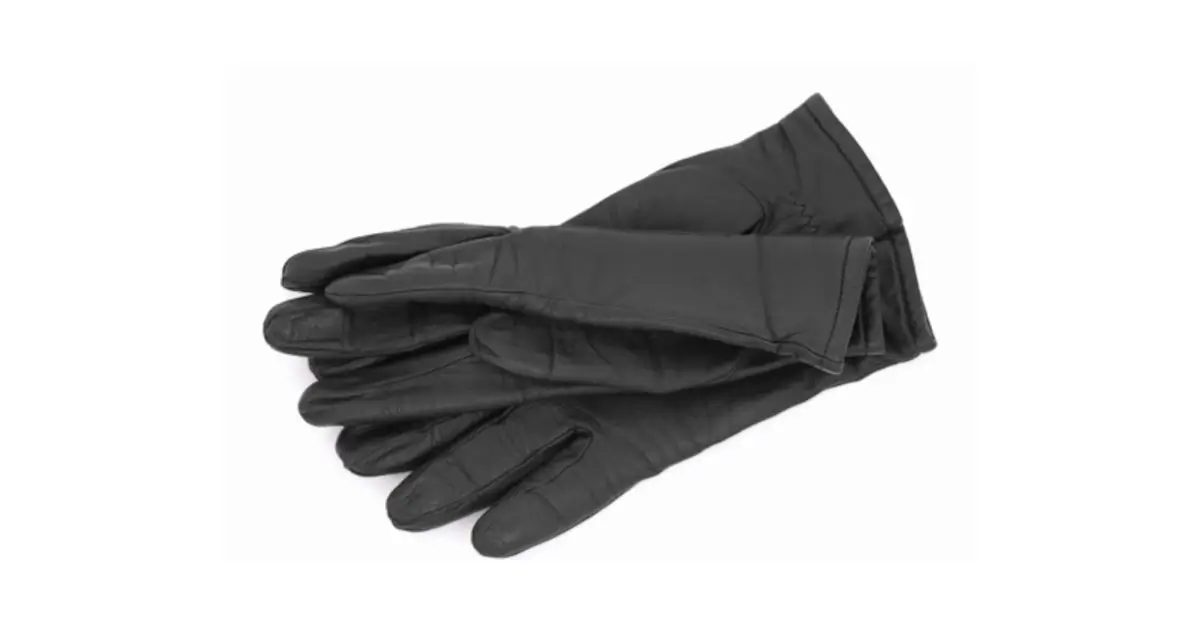“If it doesn’t fit, you must acquit.” That was defense attorney Johnnie Cochran from his famed jury summation in the O.J. Simpson murder trial in 1995, also called the “trial of the century.” Cochran was referring to the fact that Simpson struggled during the trial to pull on the pair of bloody gloves found at the murder scene.
Those gloves, damning evidence reputed to belong to Simpson, have long been a source of controversy in a trial that recently marked its 20-year anniversary.
 However, more has come to light regarding the gloves that has sparked additional controversy. In one of two recent highly-acclaimed documentaries, O.J.: Made in America, Mike Gilbert, Simpson’s agent at the time of his arrest, revealed a discussion the two had regarding the gloves in evidence. If Simpson feared being asked to don the gloves, Gilbert suggested to him that he stop taking the medicine he used for arthritis in his hands. This would cause his hands to stiffen and swell. Simpson reputedly stopped his medication. The implication is that this is part of the reason why when Simpson was asked by the prosecution to try on the gloves, they appeared too small for the defendant’s hands.
However, more has come to light regarding the gloves that has sparked additional controversy. In one of two recent highly-acclaimed documentaries, O.J.: Made in America, Mike Gilbert, Simpson’s agent at the time of his arrest, revealed a discussion the two had regarding the gloves in evidence. If Simpson feared being asked to don the gloves, Gilbert suggested to him that he stop taking the medicine he used for arthritis in his hands. This would cause his hands to stiffen and swell. Simpson reputedly stopped his medication. The implication is that this is part of the reason why when Simpson was asked by the prosecution to try on the gloves, they appeared too small for the defendant’s hands.
Arthritis, literally translated, means “inflamed joint.” There are more than 100 different forms of the disease, although the most common are rheumatoid and osteoarthritis (also referred to as ‘wear and tear’ arthritis)—both of which Simpson reportedly has. Although arthritis can impact any of the body’s joints, it is most common in the hands, fingers and wrists.
The majority of those with rheumatoid arthritis have symptoms in hands and wrists (it affects both hands). Rheumatoid arthritis impacts the cells that lubricate the joints of the affected areas. Physicians don’t know what causes rheumatoid arthritis, but some genetic components may make those affected more vulnerable to environmental impacts.
Osteoarthritis causes the wearing down of the cartilage that cushions the joints, causing the bones to rub together. This, in turn, results in the symptoms.
Both rheumatoid and osteoarthritis cause pain, swelling and stiffness. There is no cure for arthritis, but medications can relieve symptoms and also slow the progress of the disease. As far back as the time of Simpson’s trial, the prosecution mentioned the anti-inflammatory aspect of the defendant’s medication. (Anti-inflammatories are the most common type of medication for arthritis). However, it is only 20 years later that the documentary detailed that Simpson had stopped his medication for a month prior to the issue of the gloves at trial.
While it seems obvious to speculate that the years of physical punishment as a football player caused Simpson’s long-lasting physical problems, including arthritis, the fact is that this condition is incredibly common. According to statistics from the Arthritis Foundation, more than 50 million adults have been diagnosed with arthritis. That’s one in five people over the age of 18.
While those with arthritis can be prescribed medications, there can be a point at which they do not relieve severe pain, deformity or loss of function. When all conservative treatment measures fail, there are surgical options. Experienced hand surgeon Dr. Michael Horowitz of The Center for Musculoskeletal Disorders offers thorough diagnosis and the full spectrum of treatments for hand disorders, including arthritis.

